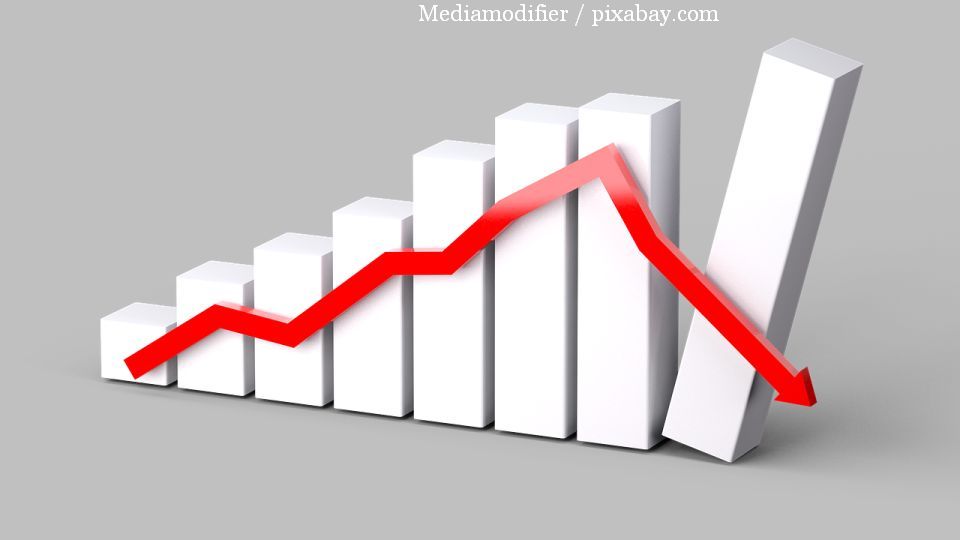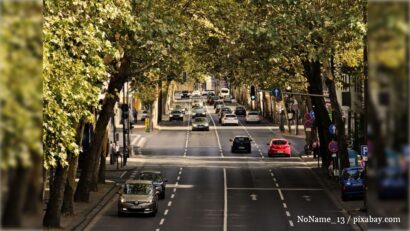Fitch revises Romania’s outlook to negative
Fitch Ratings has revised Romania’s outlook to negative, citing political instability and budget deficit.

Mihai Pelin, 19.12.2024, 13:50
Fitch Ratings has revised Romania’s outlook to negative, citing political instability and budget deficit.
Fitch Ratings has revised the Outlook on Romania’s Long-Term Foreign-Currency Issuer Default Rating (IDR) to “negative” from “stable”. The rating is, however, maintained at the previous level of BBB-. The agency cites, as an essential element of the downgrading, the sustained increase in the country’s public debt. At the same time, Romania’s large budget deficit is also an issue, which the Agency estimates at 8.2% of GDP this year. According to the Agency’s baseline scenario, the general government debt to GDP ratio will increase from 49% in 2023 to 62% in 2026 and will continue to increase sharply to around 70% of GDP by 2028. The assessment was made two months ahead of schedule and reflects the major risks Romania faces due to political instability, fiscal imbalances and rising public debt.
Economic analyst Aurelian Dochia says that the negative outlook is not a surprise and that the main reason for it is the very high level of the budget deficit. Aurelian Dochia: “The trend for 2025 is not encouraging at all. The deficit cannot be easily corrected in 2025, given that the economy is clearly suffering a slowdown in activity. Economic growth for 2025 will be quite small and deficit reduction measures on the spending side are very difficult to accept, both socially and politically.”
Fitch’s report could lead to an increase in Romania’s borrowing costs, which are currently the highest in the EU. Romania faces turbulence due to political instability and the cancellation of the presidential elections but the coalition government will take fiscal-budgetary consolidation measures to return to a stable outlook, political leaders in Bucharest say.
Finance Minister Marcel Boloş has explained that new measures will be found in the upcoming ordinance, to be made public in the coming days. Prime Minister Marcel Ciolacu, the leader of the PSD, has explained that the uncertainties regarding Romania will disappear with the formation, by the end of the year, of a pro-European majority and a Government that will draw up a structural budgetary plan assumed at European level. He added that Romania has the capacity to mobilize resources to return to a stable outlook. The budget deficit must be significantly reduced, says the leader of the UDMR (in the opposition), Kelemen Hunor, but at the moment it is not clear how more money could be collected to the budget, without increasing taxes and duties. The USR, in the opposition, advocates for reducing public spending, the party’s spokeswoman, Cristina Prună, pointing out that the revision of Romania’s outlook to “negative” is due to fiscal deterioration and the huge budget deficit. In turn, the first vice-president of AUR (in the opposition), Marius Lulea, accuses the current government of pushing the country into an apocalypse that will extend into next year, as the ruling parties do not take measures to reduce the deficit and continue to take out foreign loans at very high interest rates.






























